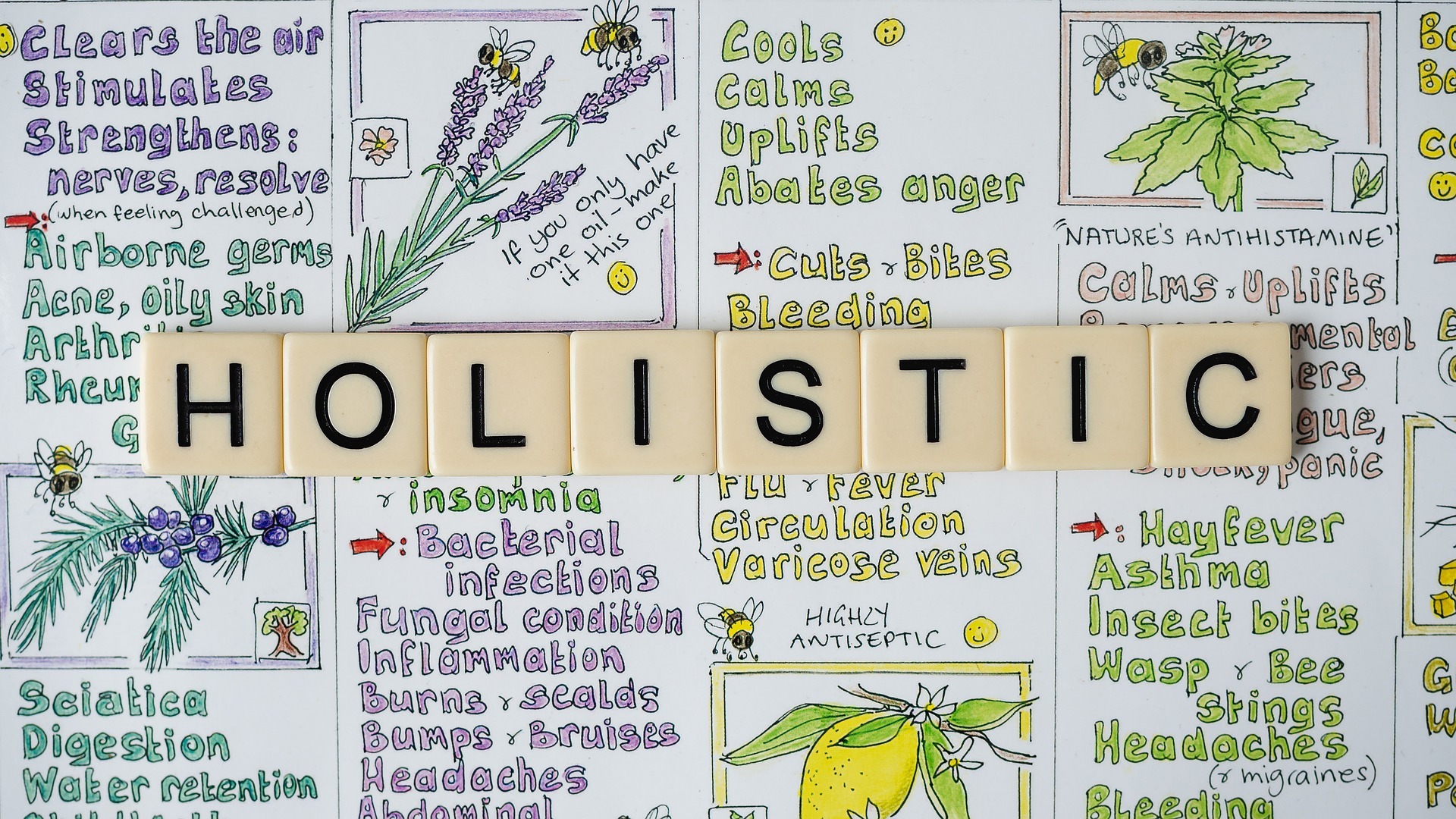What is Holistic Health?
By Sarah's Village

Holistic health is a comprehensive approach to well-being that considers the whole person—mind, body, and spirit—rather than focusing on individual symptoms or ailments. It emphasizes the interconnectedness of these aspects and aims to promote overall harmony and balance.
At its core, holistic health recognizes that optimal wellness is achieved when all facets of an individual’s life are in equilibrium. This includes physical health, emotional stability, mental clarity, and spiritual fulfillment.
Rather than merely treating symptoms, holistic health seeks to address the root causes of health issues by considering lifestyle factors, stress levels, nutrition, and emotional health.
Key principles of holistic health include:
-
Integration of Mind, Body, and Spirit: Holistic health views each aspect as interdependent. For instance, stress (mental) can impact physical health, and addressing emotional well-being can improve overall physical health.
-
Prevention and Self-Care: Emphasis is placed on preventive measures and self-care practices. This can involve a balanced diet, regular exercise, mindfulness practices, and adequate rest.
-
Personalized Care: Holistic health encourages individualized approaches tailored to a person’s unique needs and circumstances, acknowledging that each person's path to wellness is different.
-
Natural and Complementary Therapies: It often incorporates natural remedies and complementary therapies, such as acupuncture, herbal medicine, and meditation, alongside conventional treatments.
In essence, holistic health fosters a balanced and proactive approach to achieving and maintaining wellness, recognizing the intricate connections between various aspects of human health.





